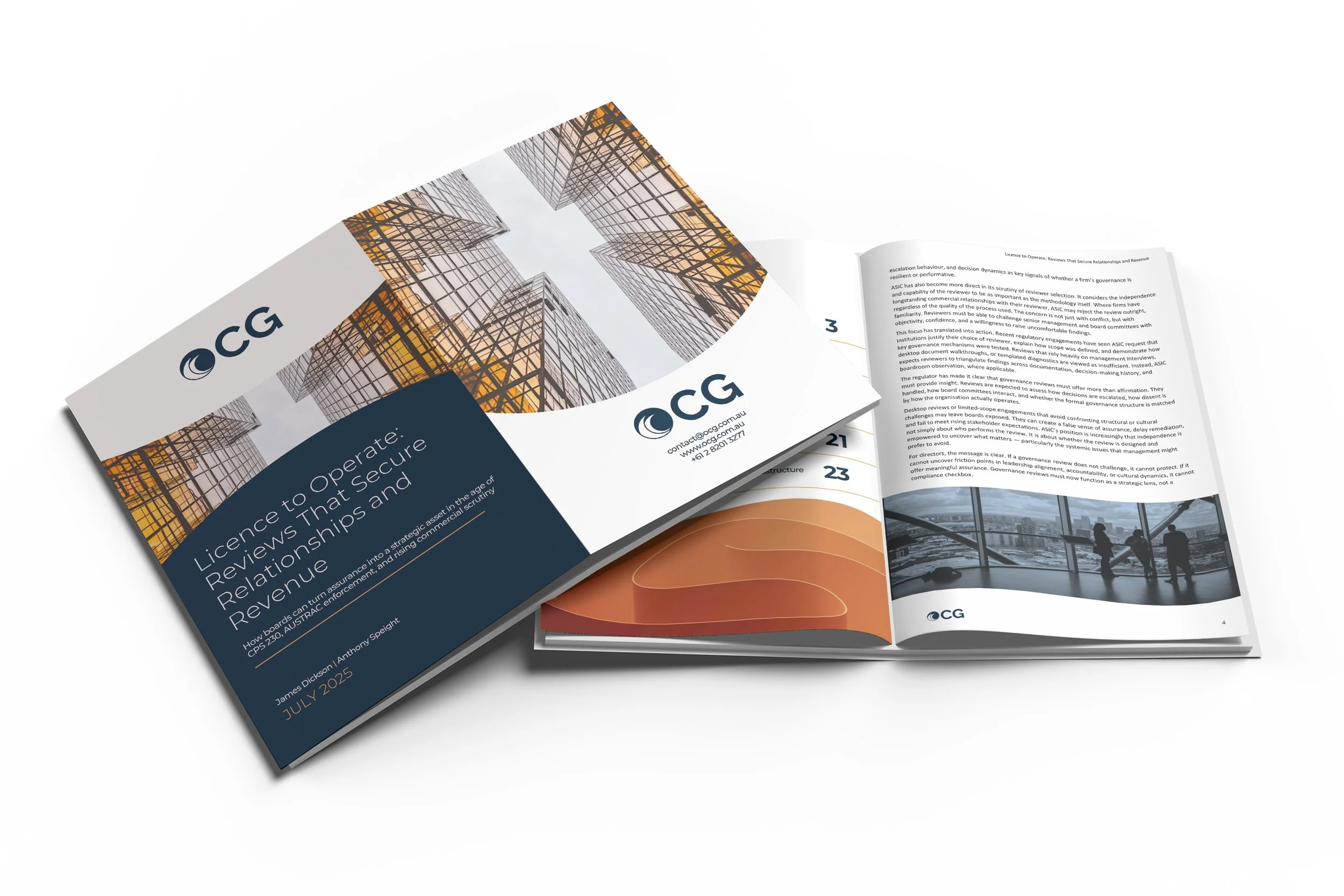AML/CTF Tranche 2 & Beneficial Ownership: Preparing for Australia’s Next Wave of Reform
Understanding AML/CTF Tranche 2 and Beneficial Ownership
Australia is moving towards a significant uplift in its anti-money laundering and counter-terrorism financing (AML/CTF) regime through proposed “Tranche 2” reforms and the introduction of a beneficial ownership register.
Tranche 2 reforms are expected to extend AML/CTF obligations beyond traditional financial institutions to a broader group of “gatekeeper” professions, such as:
Lawyers and conveyancers
Accountants and tax advisers
Real estate agents
Trust and company service providers
High-value dealers and other designated non-financial businesses and professions (DNFBPs)
In parallel, a central beneficial ownership register is intended to improve transparency over who ultimately owns or controls companies and other legal vehicles, reducing the misuse of complex structures to obscure illicit funds.
For banks, wealth managers, super funds, insurers, platforms, brokers, payments firms and fintechs, these reforms will reshape customer due diligence (CDD/EDD) expectations, data requirements, counterparties’ readiness and overall financial crime risk management.
Why These Reforms Matter
AML/CTF Tranche 2 and beneficial ownership reforms are not just technical changes to legislation, they shift expectations around how financial services firms, gatekeepers and corporates understand and manage financial crime risk.
Stronger AML/CTF and ownership transparency will:
Increase scrutiny on source of wealth/funds, ownership chains and complex structures.
Raise expectations for ongoing monitoring, sanctions screening and suspicious matter reporting.
Bring new categories of counterparties (e.g. law firms, accountants, real estate groups) into the regulated perimeter, changing how banks and other FS firms assess and onboard them.
Improve regulators’ ability to follow the money, compare risk assessments and test the effectiveness of AML/CTF programmes.
Organisations that move early to align with the direction of reform will be better placed to support customers, maintain correspondent relationships and respond confidently to AUSTRAC or prudential supervisors. Those that delay face heightened regulatory, reputational and correspondent-banking risk.
Key Challenges Facing Firms
Interpreting evolving requirements and anticipating what “good” looks like under the future regime, rather than waiting for final rules.
Uplifting beneficial ownership data, collecting accurate, structured information and keeping it up to date across systems, jurisdictions and entities.
Enhancing CDD/EDD procedures for higher-risk customers, sectors and structures, including trusts, SPVs and cross-border arrangements.
Managing the impact of Tranche 2 on gatekeeper counterparties (e.g. professional firms that are both clients and introducers), including risk assessments and contractual expectations.
Aligning transaction monitoring, sanctions screening and reporting with refreshed risk assessments and ownership information.
Ensuring technology, data and case-management tools support more granular ownership and association analytics.
Demonstrating board and senior management oversight, with risk metrics, thematic reviews and clear remediation plans.
How OCG Can Help
At Oceanic Consulting Group (OCG), we help financial services institutions and adjacent sectors prepare for AML/CTF Tranche 2 and beneficial ownership reforms by building practical, defensible financial crime frameworks.
Our services include:
Regulatory impact assessments: mapping current AML/CTF and sanctions frameworks against the proposed direction of reform.
Enterprise-wide financial crime risk assessments (EWRAs) that incorporate Tranche 2 sectors, beneficial ownership risks and cross-border exposures.
CDD/EDD and beneficial ownership uplift: policy redesign, process mapping, data standards, ownership trees and documentation templates.
Technology and data enablement: requirements for KYC/IDV platforms, customer and entity data models, screening solutions and case-management tools.
Transaction monitoring and reporting enhancement: recalibrating scenarios, thresholds and workflows to reflect revised risk assessments and customer profiles.
Third-party and correspondent-banking risk management: expectations for gatekeeper counterparties, information-sharing and contract clauses.
Assurance, training and change: thematic reviews, quality assurance, board reporting and targeted training for front line, operations and compliance teams.
FAQs
What is “Tranche 2” in Australia’s AML/CTF context?
“Tranche 2” refers to proposed reforms that would extend AML/CTF obligations to additional gatekeeper professions, such as lawyers, accountants, real estate agents and trust/company service providers, bringing Australia closer to FATF standards.
How does a beneficial ownership register affect financial institutions?
A central register increases transparency but also raises expectations that institutions understand and use ownership data within their own CDD/EDD, transaction monitoring and sanctions screening programmes.
Do firms need to wait for final legislation before acting?
No. Many uplift activities, such as improving ownership data, enhancing EWRAs and strengthening CDD/EDD and monitoring, are good practice now and will support smoother compliance once reforms are implemented.
Strengthen Your AML/CTF & Beneficial Ownership Programme
Work with OCG’s Financial Crime Specialists
Anticipate reform rather than react to it. Contact OCG to uplift your AML/CTF framework, enhance beneficial ownership data and analytics, and prepare your organisation for Tranche 2 and related reforms with confidence and clear evidence for regulators, counterparties and boards.









